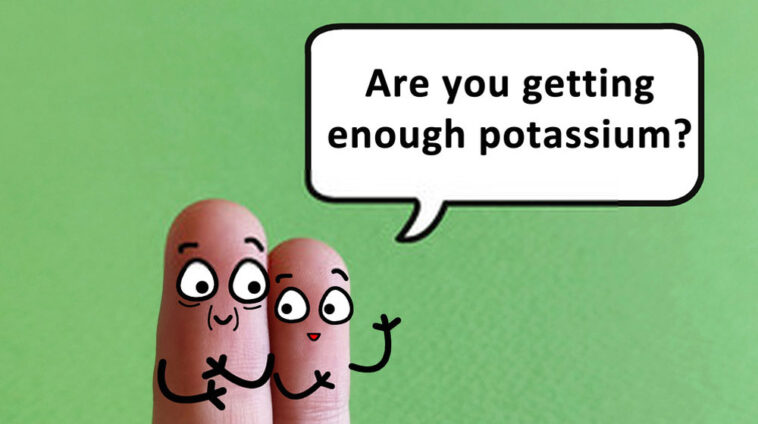Potassium is one of the most important nutrients for your body. It helps you to regulate fluid balance, regulate muscle contraction and maintain a healthy nervous system. This is why potassium deficiency causes serious problems.
Approximately 98% of Americans do not meet the recommended amount of potassium, found in a national survey. Now you may be wondering, How do I know if I have potassium deficiency? There are many signs and symptoms of potassium deficiency, from digestive problems to heart palpitations and fatigue.
In this article, we will talk about 8 signs of potassium deficiency and much more.
1. Breathing problem

Many people report breathing difficulties when they have a severe potassium deficiency. It occurs when potassium sends a signal to your lungs, stimulating them to expand and contract.
This allows you to inhale and exhale air. If your body does not have enough potassium. There is nothing in your system to stimulate your lungs. This can cause breathing problems.
Worse still, this is not the end of your problems. Your heart begins to beat abnormally. If left untreated, severe potassium deficiency can prevent lung function and can be fatal.




